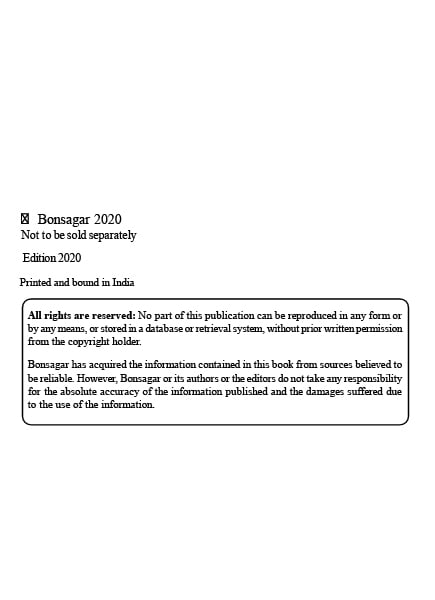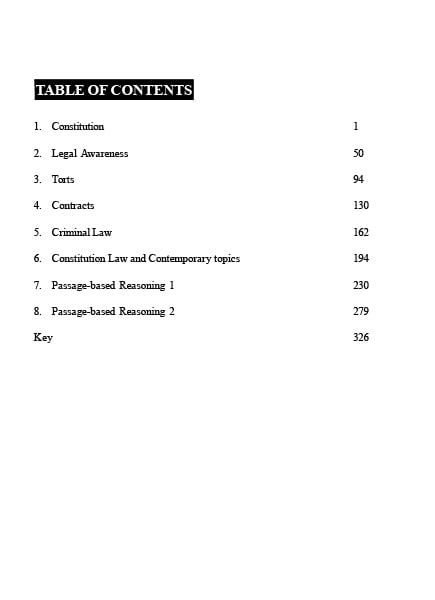Self-Study Strategies for IPMAT: A Comprehensive Guide
Introduction
The Integrated Program in Management Aptitude Test (IPMAT) is an entrance exam conducted by the Indian Institutes of Management (IIMs) for admission to their undergraduate management programs. It is a highly competitive examination that assesses a candidate’s aptitude in quantitative ability, verbal ability, and logical reasoning. To excel in IPMAT and secure a seat in one of the prestigious IIMs, it is crucial to adopt effective self-study strategies. This comprehensive guide will provide you with a detailed roadmap for successful self-preparation for IPMAT.
Understanding the IPMAT Exam Pattern
Before diving into self-study strategies, it is essential to have a clear understanding of the IPMAT exam pattern. As of my last knowledge update in September 2021, the IPMAT exam consists of two stages:
1. IPMAT Stage I: Aptitude Test:
– Duration: 2 hours
– Sections:
a. Quantitative Ability (Multiple Choice Questions)
b. Verbal Ability (Multiple Choice Questions)
– Number of Questions: Approximately 60-70
2. IPMAT Stage II: Written Ability Test (WAT) and Personal Interview (PI)
Now, let’s explore effective self-study strategies for each section of the IPMAT exam.
Quantitative Ability
1. Build a Strong Foundation:
– Start with the basics of mathematics and gradually progress to more advanced topics.
– Make sure you are well-versed in concepts related to algebra, geometry, arithmetic, and number theory.
2. Practice Regularly:
– Solve a variety of quantitative problems from different sources, including textbooks, online resources, and previous year IPMAT papers.
– Shift your attention towards time management while practicing to enhance both your speed and accuracy.
3. – Mock Examinations: – Consistently engage in mock examinations to evaluate your advancement and pinpoint any areas requiring improvement.
– Analyze your performance in mock tests to understand which topics require more attention.
4. Conceptual Clarity:
– Don’t rush through concepts. Ensure you have a clear understanding of each topic.
– Seek help from online tutorials or coaching if you find certain topics challenging.
5. Formulas and Shortcuts:
– Create a formula sheet or cheat sheet for quick reference.
– Learn shortcut techniques to solve problems more efficiently.
Verbal Ability
1. Reading Habit:
– Develop a daily reading habit to improve your comprehension skills.
– Read newspapers, magazines, and books to enhance your vocabulary and reading speed.
2. Vocabulary Building:
– Learn new words regularly and use them in sentences to reinforce your understanding.
– Practice vocabulary quizzes and flashcards.
3. Grammar and Language Skills:
– Brush up on grammar rules and sentence structure.
– Practice sentence correction exercises to improve your error detection skills.
4. Practice Reading Comprehension:
– Solve a variety of reading comprehension exercises to improve your ability to understand and analyze passages.
– Focus on extracting the main ideas and key details from the text.
5. Time Management:
– During the IPMAT exam, allocate a specific amount of time to each question to ensure you complete the section within the time limit.
Logical Reasoning
1. Logical Puzzles:
– Practice different types of logical puzzles such as seating arrangement, blood relations, and syllogisms.
– Develop a systematic approach to solve these puzzles.
2. Critical Thinking:
– Strengthen your critical thinking skills by solving problems that require you to analyze and draw conclusions.
– Practice questions related to inference and deductions.
3. Practice Online Resources:
– Utilize online resources, including websites and mobile apps, that offer a wide range of logical reasoning questions and quizzes.
4. Time Management:
– Logical reasoning questions can be time-consuming. Practice solving them under time constraints to improve your speed.
Overall Self-Study Strategies
1. Create a Study Schedule:
– Develop a well-structured study schedule that allocates sufficient time to each section.
– Follow the schedule religiously to maintain consistency in your preparation.
2. Stay Updated:
– Stay informed about any changes in the IPMAT exam pattern or syllabus.
– Keep an eye on the official IIM websites for updates.
3. Previous Year Papers:
– Solve previous year IPMAT papers to get a feel for the actual exam and understand the types of questions asked.
4. Mock Tests:
– Take full-length mock tests regularly, simulating exam conditions.
– Evaluate your performance, pinpoint any areas of weakness, and take steps to enhance them.
5. Revision:
– Frequently review the concepts you’ve acquired to strengthen your comprehension.
– Create concise notes for quick revision.
6. Seek Guidance:
– If you encounter difficulties in any section, don’t hesitate to seek guidance from teachers, mentors, or online forums.
7. Stay Healthy:
– Maintain a healthy lifestyle with regular exercise, a balanced diet, and adequate sleep.
– A healthy body and mind are essential for effective study.
Conclusion
The journey to success in the IPMAT exam requires dedication, discipline, and a well-structured self-study plan. By following the strategies outlined in this comprehensive guide, you can significantly enhance your chances of securing a seat in one of the prestigious IIMs. Remember that consistent effort and continuous improvement are the keys to achieving your goal. Best of luck with your IPMAT preparation!




